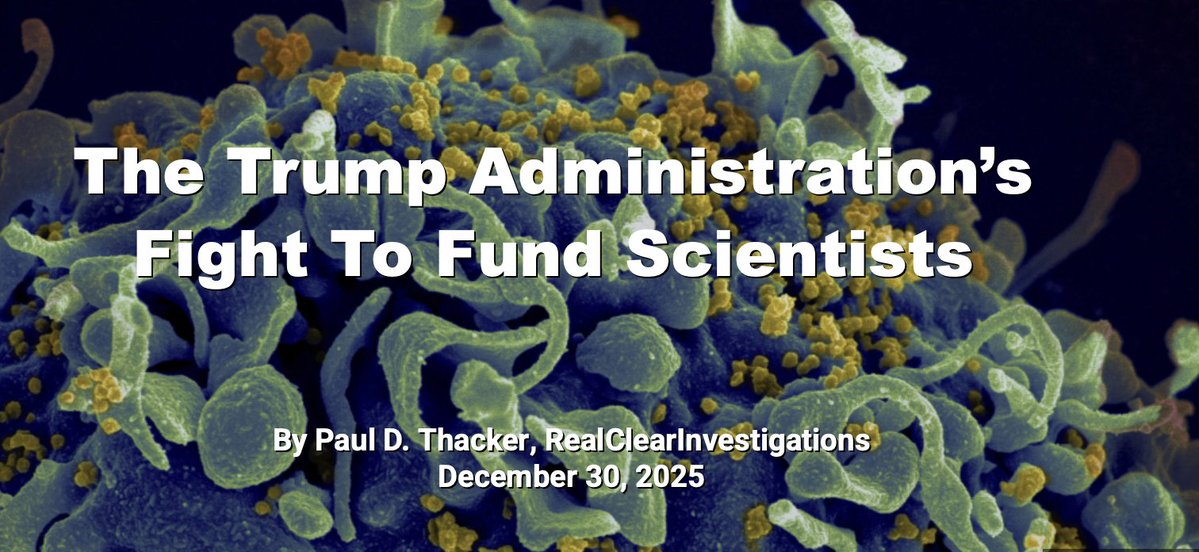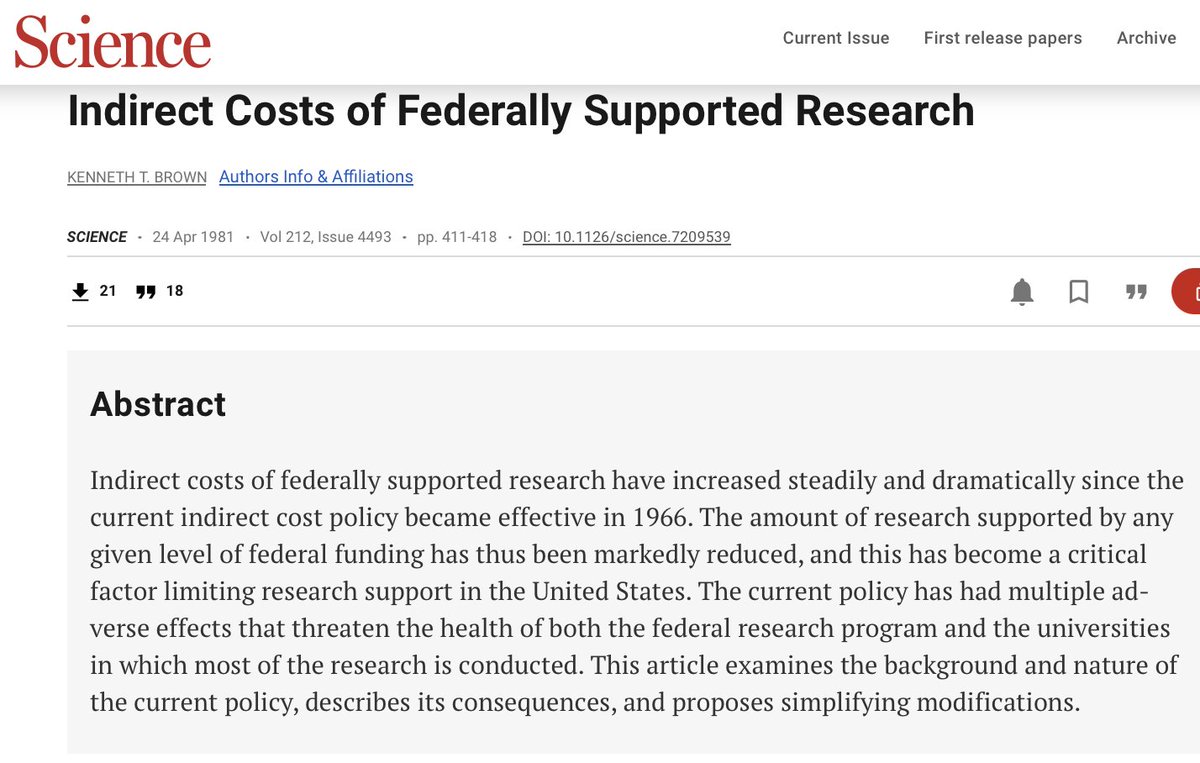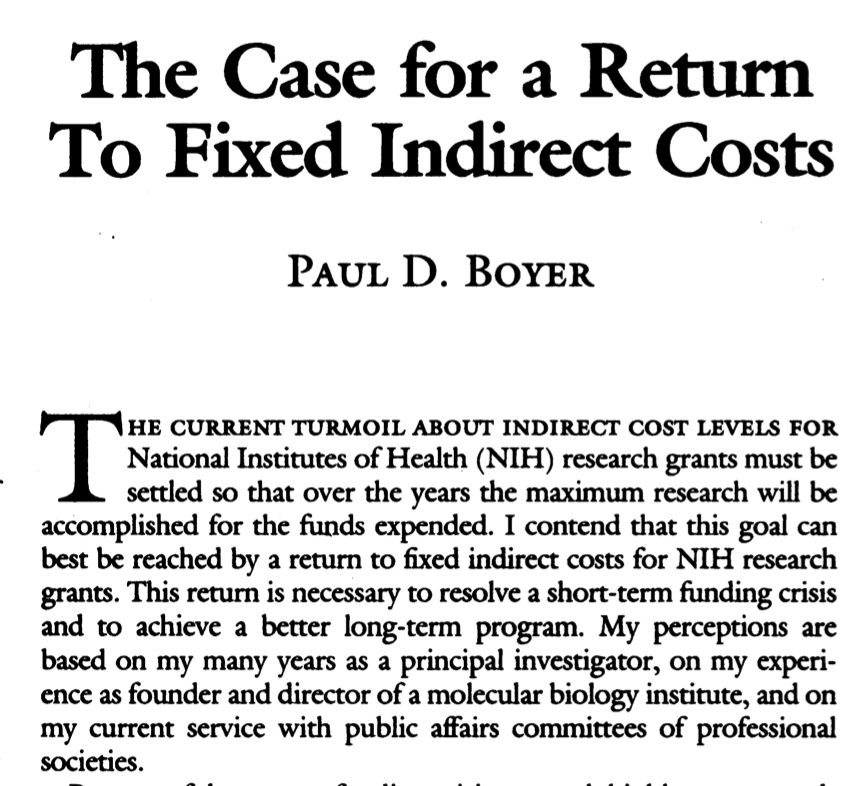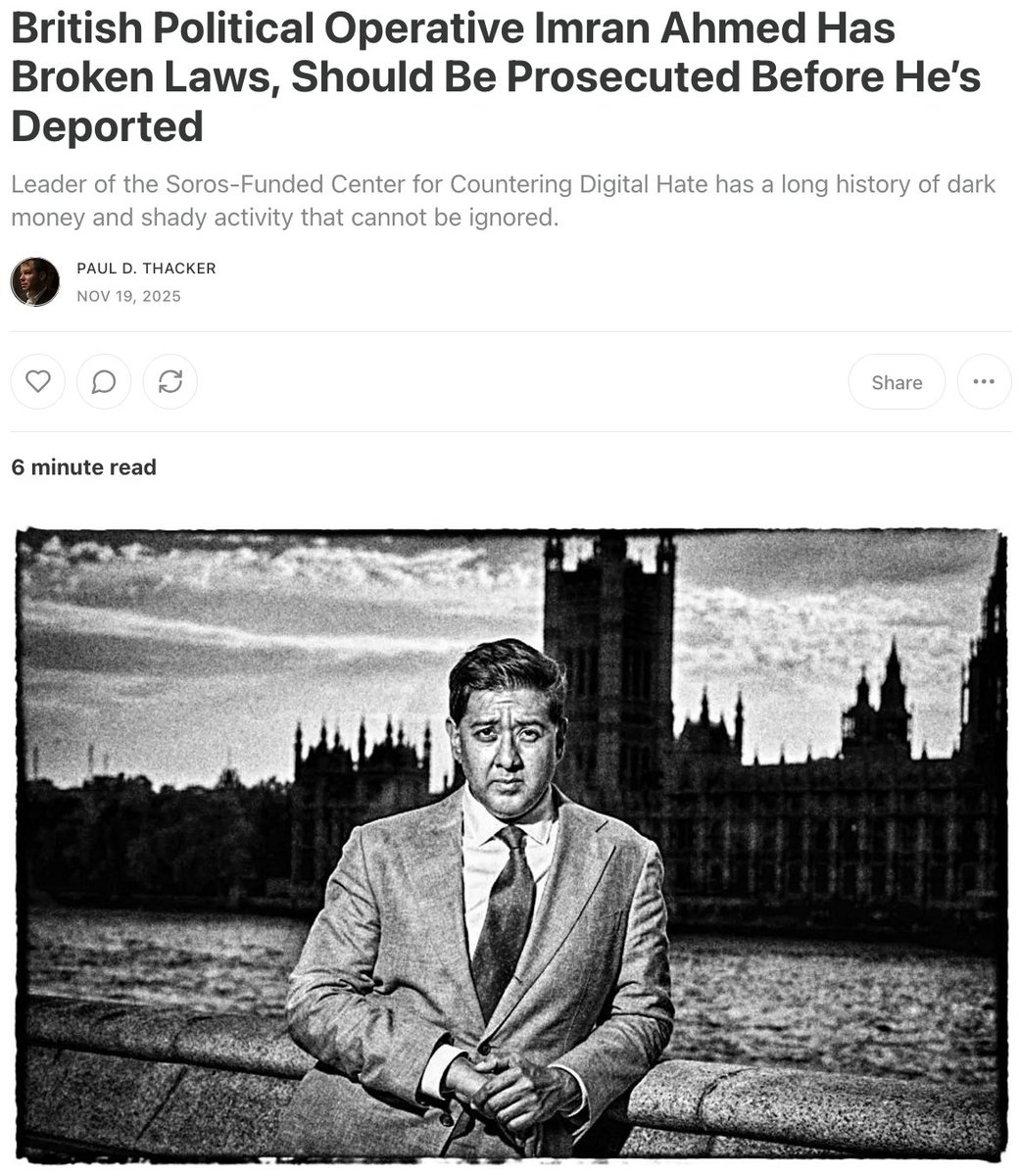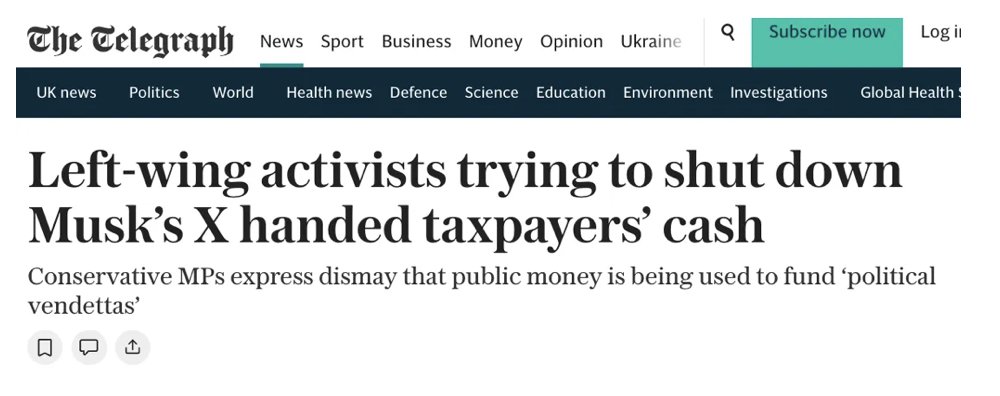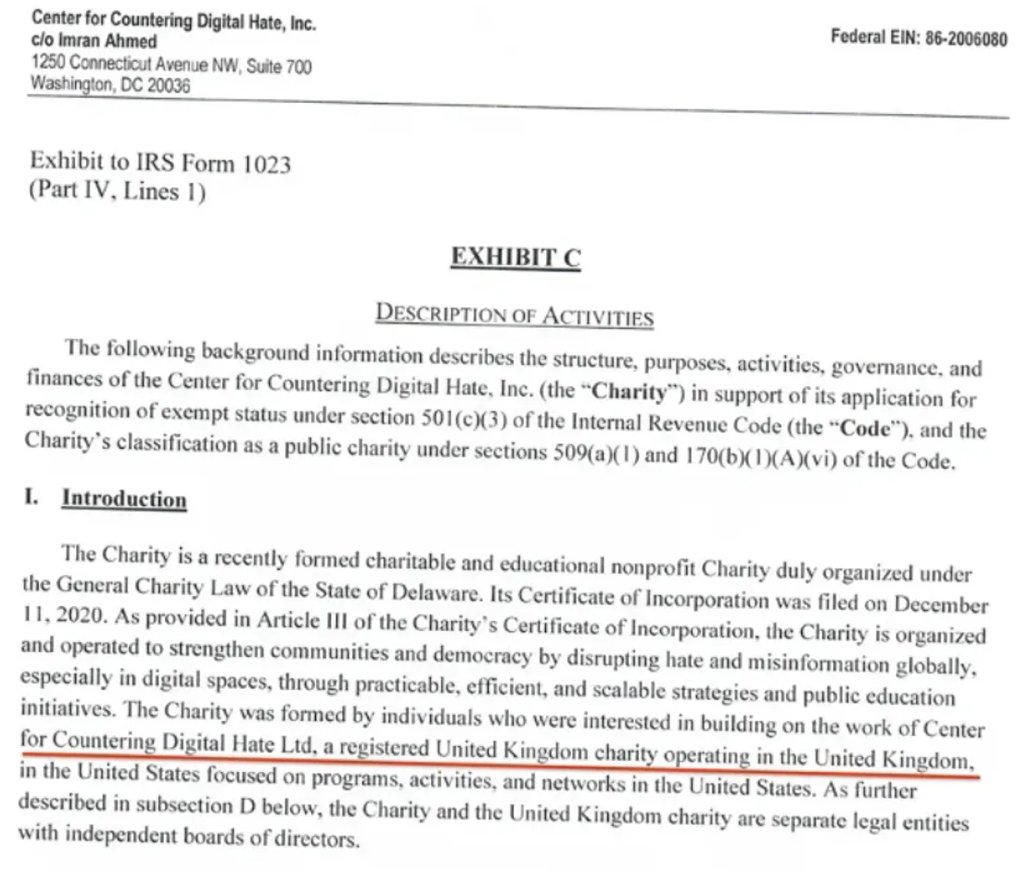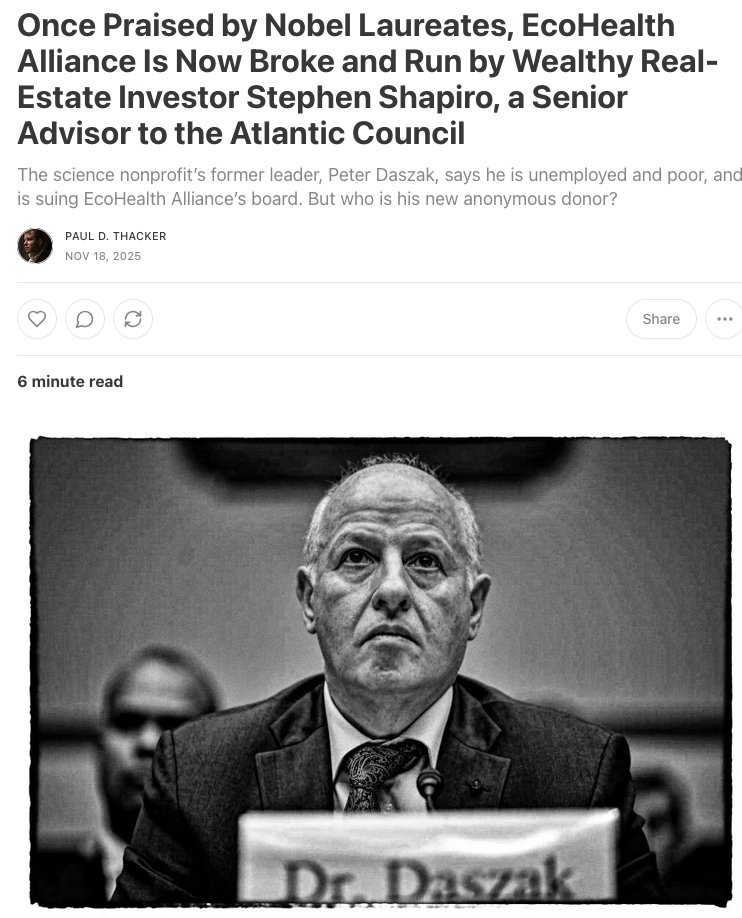1. According to emails I'm releasing, Congress will correct the record on CDC Director Walensky's false statement about masks.
(Plus, I've uncovered conflicts of interest at Cochrane)
(Plus, I've uncovered conflicts of interest at Cochrane)

2. During a hearing before Congress, CDC Director Walensky made the false claim that a Cochrane review on masks had been "retracted." Social media influencer Zeynep Tufekci made an earlier false claim the review had been "corrected."
Fact check false!
Fact check false!

3. Cochrane authors cannot force the NY Times to correct Tufekci's misleading claims and false statements, but Congress is correcting the CDC Director's false statement.
Here's the congressional staffer email thanking Cochrane for bringing this to the attention of Congress.
Here's the congressional staffer email thanking Cochrane for bringing this to the attention of Congress.

4. I also uncovered undisclosed COI regarding a Cochrane board member who helped author the statement undermining Cochrane's review of masks.
Catherine Marshall failed to disclose her COVID consulting gigs w/ New Zealand which instituted mask mandates.
Catherine Marshall failed to disclose her COVID consulting gigs w/ New Zealand which instituted mask mandates.

5. Cochrane will not respond to questions about whether Marshall advised New Zealand to enforce mask mandates when Cochrane found little evidence they work.
It's becoming clear that Cochrane members use Cochrane to get consulting gigs.
It's becoming clear that Cochrane members use Cochrane to get consulting gigs.
6. Also, the congressional staffer said she's a big fan of @VPrasadMDMPH podcast and this is how she knew that the CDC Director was giving a false statement during the hearing. 

To see more and read all the documents at @DisInfoChron:
Congress Corrects the Record on CDC Director Walensky’s False Claim about Masks disinformationchronicle.substack.com/p/congress-cor…
Undisclosed conflicts of interest on COVID policy dog Cochrane’s Board
Congress Corrects the Record on CDC Director Walensky’s False Claim about Masks disinformationchronicle.substack.com/p/congress-cor…
Undisclosed conflicts of interest on COVID policy dog Cochrane’s Board

• • •
Missing some Tweet in this thread? You can try to
force a refresh


